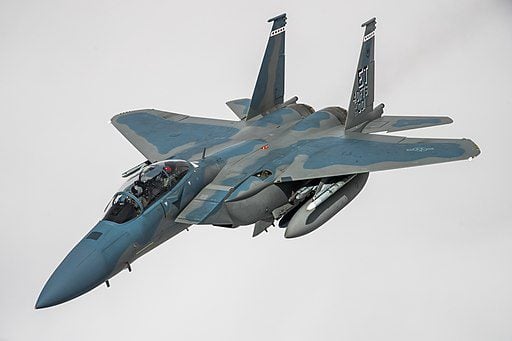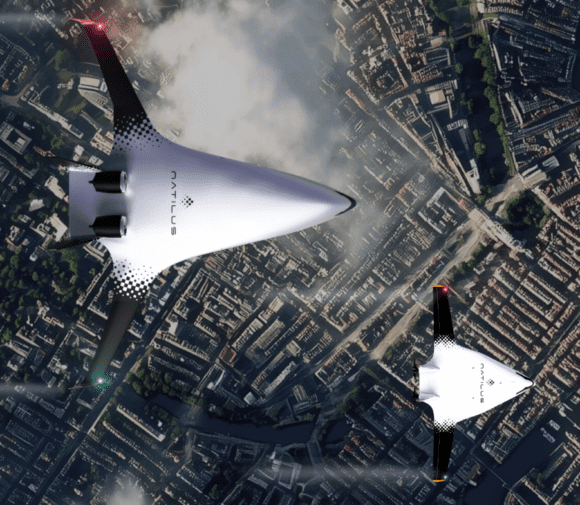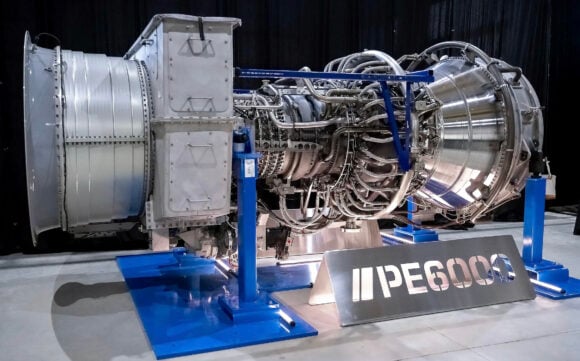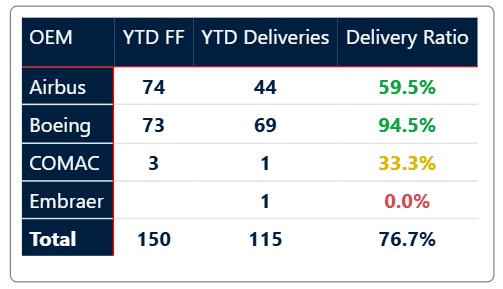
F 15EX Eagle II
Early this morning, the White House released the following statement. For our readers, the key items are these:
- Japan committed to purchase U.S.-made commercial aircraft, including an agreement to buy 100 Boeing aircraft;
- Additional billions of dollars annually of purchases of U.S. defense equipment, enhancing interoperability and alliance security in the Indo-Pacific.
There are scant details available. The signal is what matters in politics. For the rest of us, the details matter.
Jobs
While the big picture is that the US can make progress on the new tariff regime, how this plays out over time has significant implications. Let’s consider jobs, for example.
The global commercial aviation supply chain is currently severely stressed, having not fully recovered from the pandemic. The pandemic led to a significant number of older, yet deeply skilled, individuals permanently leaving the workforce. These individuals were well-versed in the industry, knowing how to extract optimal production from CNC machines. They knew how to bend metal and connect parts that the CAD/CAM software missed. They possessed deep skills, honed over decades of experience in this field. They were irreplaceable. But they were let go because they weren’t cheap to employ, and management overreacted. Penny-wise and pound-foolish. Perhaps that is hindsight.
The competitive skills market
The aviation workforce exhibits several unique characteristics. Working in the aerospace silo means acquiring skills that are not necessarily useful outside that silo. You might easily move from Boeing to SpaceX, for example. But going from Boeing to anything outside aerospace is limited. If you’re in IT, then there’s a path. But if you’re an assembly mechanic, does the automobile industry attract you?
Supply chain firms are witnessing a shift in their skills pool from commercial to military aerospace. This is a threat that is difficult to fend off. Military spending is rising sharply in Europe. EU-based supply chains are especially vulnerable to this shift. And by EU-based, this primarily means Airbus and its supply chain.
However, it’s not limited to the EU. These special aerospace skills are portable and in high demand worldwide. One only has to look at the number of former Yugoslavians employed globally in the aerospace and airline industries. Their home market’s collapse provided the rest of the sector with a skills windfall. But for the stigma, we might see Russians doing this next.
So, which Boeings?
Back to the Japan deal for the 100 airplanes. The volume suggests civilian aircraft. But that may not be the case. Japan is also in a hotspot with unfriendly neighbors. China and North Korea ensure that Japan wants the latest and best hardware.
While Boeing doesn’t have a monopoly on US military hardware, it does offer a significant amount of it. Fighters, patrol aircraft, and associated systems are expensive. Japan will want all of that. And while MAXs, 787s, and 777xs are likely part of the deal, so might be F15EXs and KC-46s.
For Boeing, the deal makeup is vital as some programs need more business than others. However, as long as all 100 come from Boeing, that will be fine in the end.
Summary
Focusing solely on the Boeing part of the US/Japan deal, Boeing needs to hire additional personnel to work on its growing backlog. Politically, that means mission accomplished.
For Boeing, however, this marks the beginning of a process and a challenge that must be addressed. Attracting people into the aerospace industry is not easy. Within the aerospace funnel are “cooler” competitors like SpaceX and Blue Origin, as well as several startups and associated supply chain firms. There is a lot of competition for new people.
All of this means good news for individuals entering the workforce. However, the demand for supply chain skills is expected to increase. Sure, there’s a silver lining. But there’s still the cloud in front of that silver lining.
Views: 645




